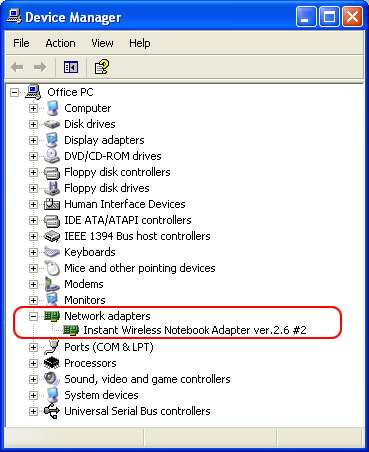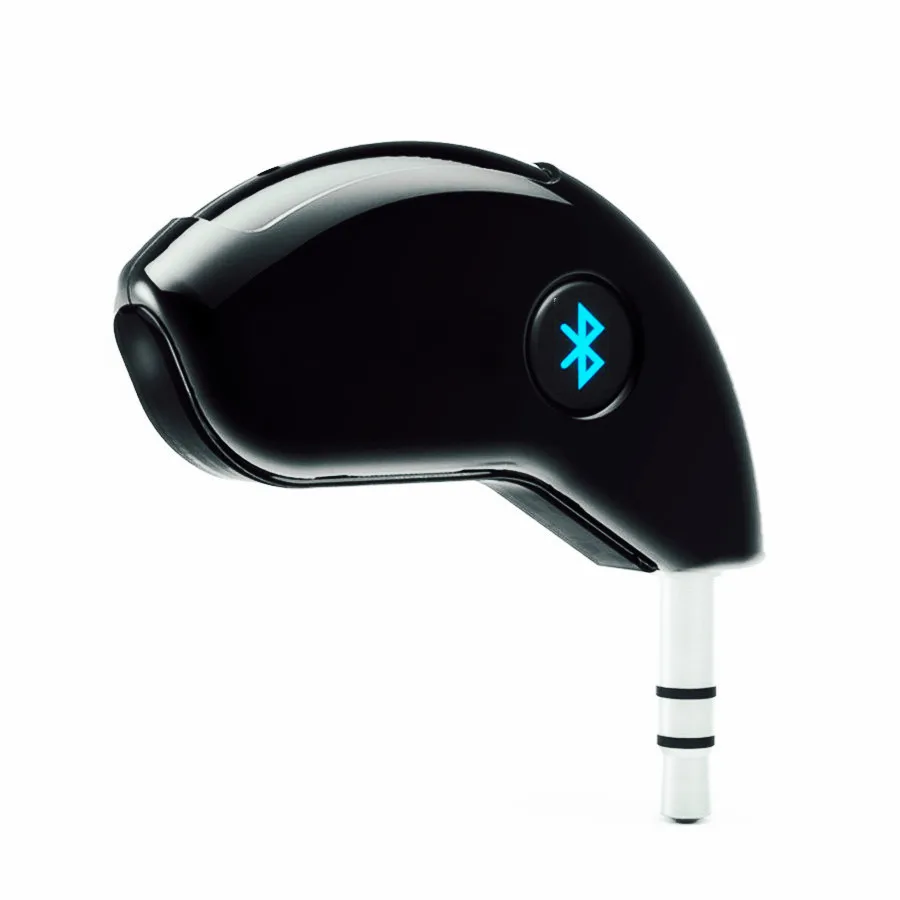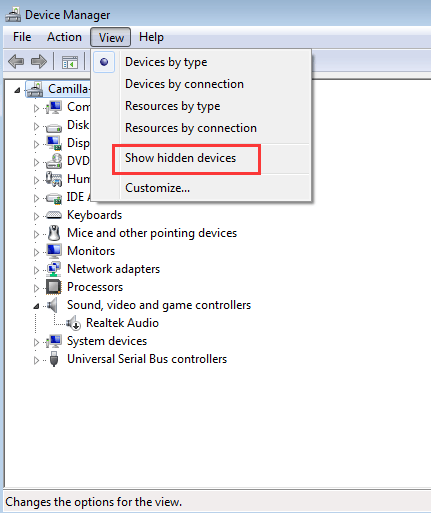

Other Info: Macrium (Licensed), Password Safe, Office 365, Wise Disk Cleaner, Crystal Disk Info Synology NAS DS918+ 10TB, Netgear Nighthawk X8 R8500 Tri-Band Samsung 860 EVO 1TB (Primary Data Drive),Īntivirus: Malwarebytes Premium, SuperAntiSpyware Pro (Licensed) Samsung 840 EVO 250GB (System Copy Drive), Hard Drives: Samsung M.2 NVMe 960 EVO 500GB Boot, Mouse: Logitech MX Master 3 Wireless & BluetoothĬooling: Corsair Hydro H150i, 360mm Rad & Five Corsair 140mm Pro ML Case Fans

Keyboard: das Keyboard MX Brown Mechanical Switches Model DASKMKPROSIL-3G7-r1.0 Monitor(s) Displays: Asus VP279 27", Samsung BX2431 24" This filter is used when an adapter supports NDIS packet coalescing, SR-IOV, or VMQ.Memory: G.Skill Trident Z 3200MHz F4-3200C16D-16GTZ (2) 32GB This update rollup also addresses an issue on both platforms, in which the system might not be able to wake up after the system goes to sleep if the wireless adapter supports OID_RECEIVE_FILTER_SET_FILTER and the checkbox Allow the computer to turn off this device to save power is unchecked. On non-AOAC platforms, the Power Management tab is retained.

Thus, the Power Management tab is not provided for the user to uncheck the Allow the computer to turn off this device to save power option. With AOAC platforms, Windows needs to systematically manage the adapter's power state to achieve Connected Standby. For Windows 8, update rollup 2855336 implements this change for Wireless adapter miniports on AOAC platforms. In this scenario, you notice that the Power Management tab is no longer available within the advanced driver properties.



 0 kommentar(er)
0 kommentar(er)
